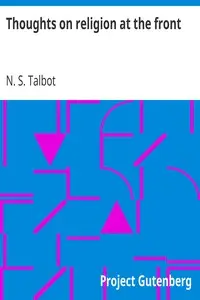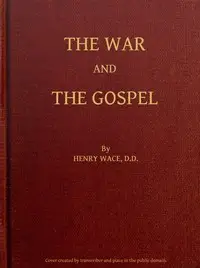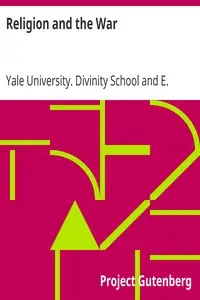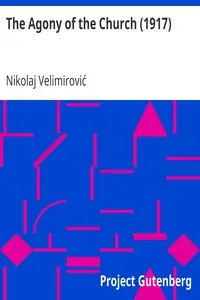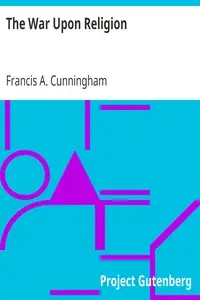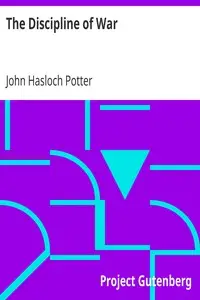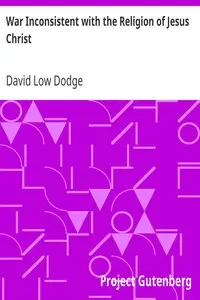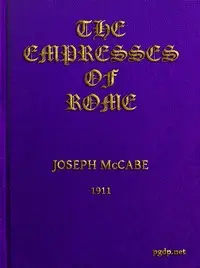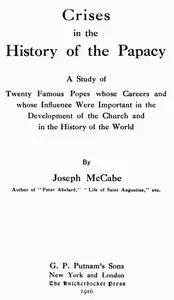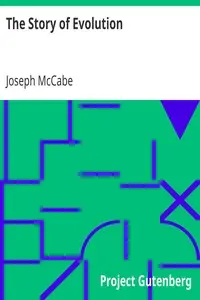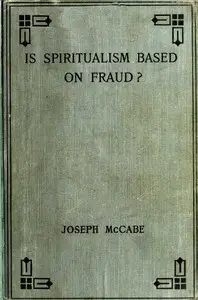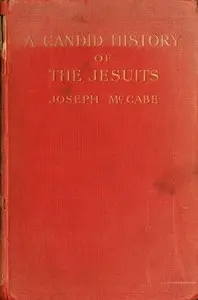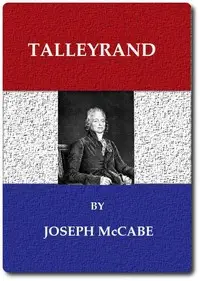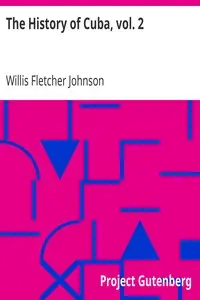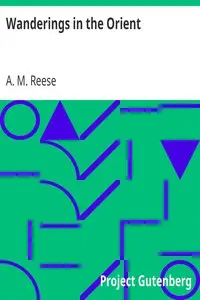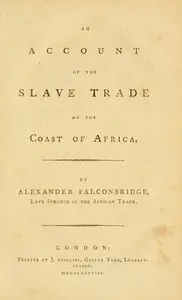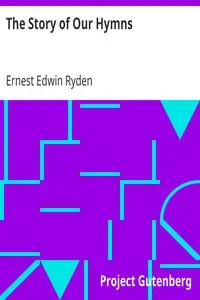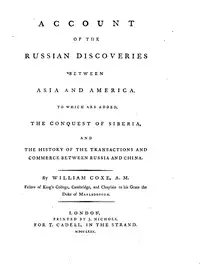"The War and the Churches" by Joseph McCabe is a historical analysis that looks at the actions of Christian churches during World War I. It asks if the churches did enough to promote peace and international harmony, especially since Christianity is supposed to be about peace. The book investigates how Christian beliefs have played out in times of war, pointing out the strange situation where a religion promoting peace exists during a massive war. McCabe starts by wondering why Christian teachings couldn't stop the war and then reviews the historical relationship between the Church and issues of violence and military action. He brings up important questions about whether Christian countries have become morally corrupt and whether the churches are somewhat responsible for a world filled with war and pain. McCabe shines a light on the inconsistencies between what Christianity teaches and how it acts, setting the stage for a critical look at the Church's lack of action as military build-up increased and suggests the need to rethink religious and ethical foundations.
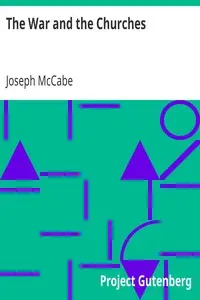
The War and the Churches
By Joseph McCabe
As armies clash and nations crumble, a critical examination asks whether religious institutions truly advocated for peace or stood silently amidst global conflict.
Genres
Released
2006-06-22
Formats
epub3 (images)
epub (images)
epub
mobi (images)
mobi
txt
Free Download
Summary
About the AuthorJoseph Martin McCabe was an English writer and speaker on freethought, after having been a Roman Catholic priest earlier in his life. He was "one of the great mouthpieces of freethought in England". Becoming a critic of the Catholic Church, McCabe joined groups such as the Rationalist Association and the National Secular Society. He criticised Christianity from a rationalist perspective, but also was involved in the South Place Ethical Society which grew out of dissenting Protestantism and was a precursor of modern secular humanism.
Joseph Martin McCabe was an English writer and speaker on freethought, after having been a Roman Catholic priest earlier in his life. He was "one of the great mouthpieces of freethought in England". Becoming a critic of the Catholic Church, McCabe joined groups such as the Rationalist Association and the National Secular Society. He criticised Christianity from a rationalist perspective, but also was involved in the South Place Ethical Society which grew out of dissenting Protestantism and was a precursor of modern secular humanism.
Total Reviews
10.0k
Total reviews from Goodreads may change

